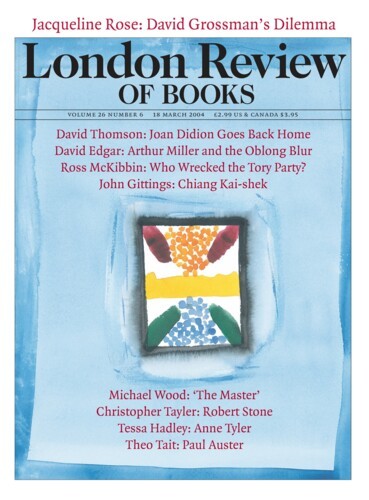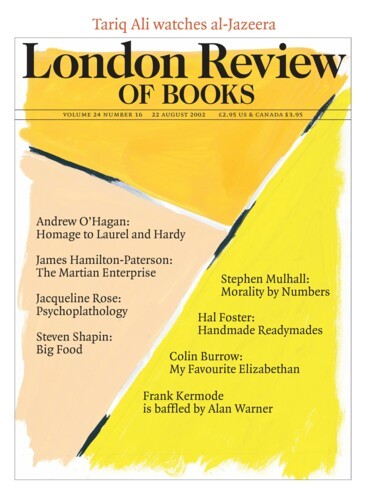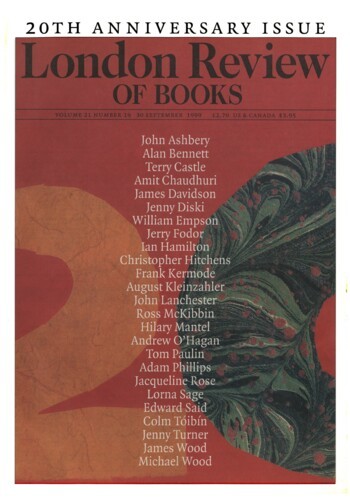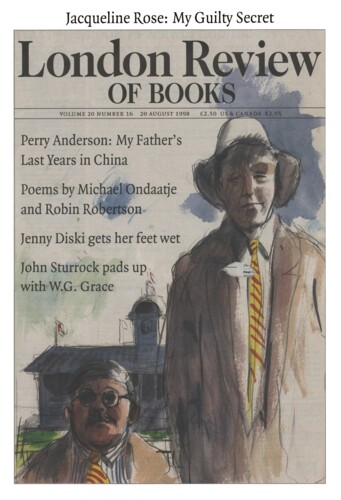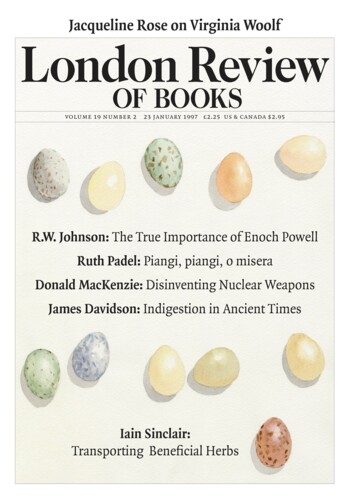A passion for celebrity is not something one is meant to talk about. There are worlds, or rather circles, where, if you do, it is assumed that what you are really claiming for yourself is a type of intellectual slumming. If, for example, you admit to or even boast of reading Hello! magazine, an addiction to which I happily confess, reading Hello! could not possibly be what you are really boasting about. ‘Is it true that you read Hello!?’ I am sometimes asked in disbelief – an appropriate enough wording, ‘is it true?’, since celebrity depends for its existence on hearsay, innuendo and gossip (although what is distinctive about Hello! is that it doesn’t, or not quite). Admitting to a passion for celebrity, it seems, is like flaunting a shameful secret. So there might be an intimate, even passionate, connection between the cult of celebrity and shame.
Admitting to a passion for celebrity, it seems, is like flaunting a shameful secret. So there might be an intimate, even passionate, connection between the cult of celebrity and shame.
